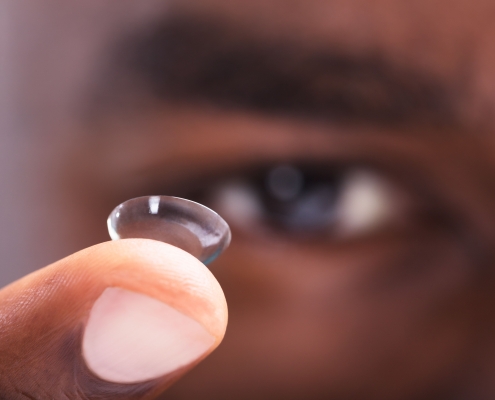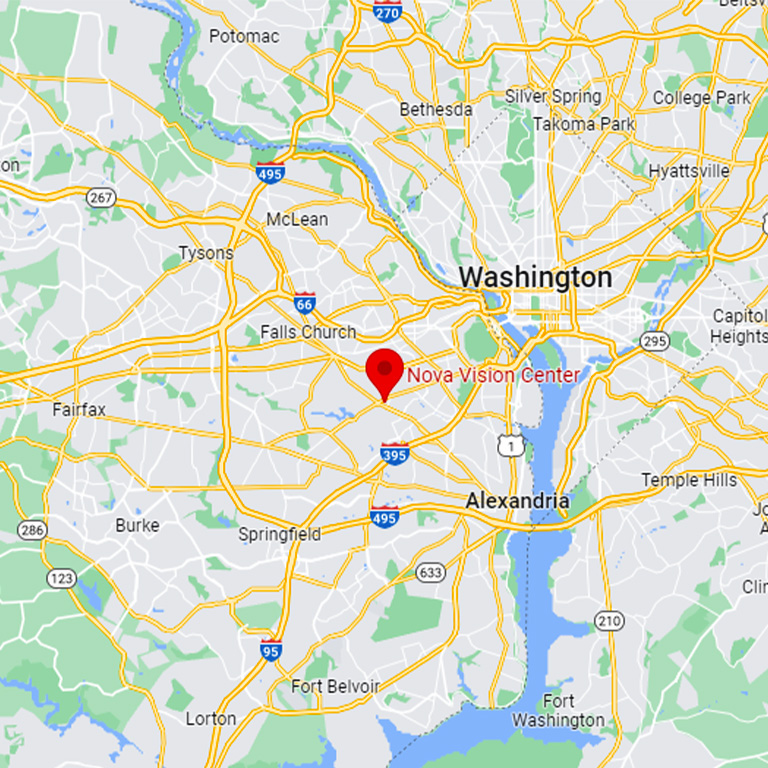Contact Lenses

Welcome to Nova Vision Center, where we specialize in providing top-notch eye care services, including a wide range of contact lenses to meet your unique vision needs. We understand the importance of clear, comfortable vision, and our dedicated team of optometrists is here to help you achieve just that.
Why Choose Contact Lenses?
Contact lenses offer numerous advantages, making them a popular choice for those seeking an alternative to eyeglasses. They provide a more natural field of vision, eliminate the hassle of constantly adjusting frames, and often enhance your overall appearance. Whether you need contact lenses for daily use, sports activities, or special occasions, Nova Vision Center has the perfect solution for you.
Our Comprehensive Contact Lens Services
At Nova Vision Center, we are committed to ensuring your vision is as crisp and clear as possible. Our comprehensive contact lens services encompass:
Expert Contact Lens Fittings: Our experienced optometrists will perform a thorough eye examination to determine the best type of contact lenses for your specific needs. We take into consideration your prescription, lifestyle, and any unique visual challenges you may have.
Contact Lens Options: We offer a wide selection of contact lens options, including soft contact lenses, rigid gas permeable (RGP) lenses, daily disposables, extended wear lenses, toric lenses for astigmatism, and multifocal lenses for presbyopia. Whatever your visual requirements, we have the perfect contact lens solution for you.
Trial and Adjustment: We understand that adapting to contact lenses may take some time. That’s why we provide trial lenses and offer guidance on proper insertion, removal, and care. Our team is always here to address any concerns or make necessary adjustments to ensure your comfort.
Ongoing Care and Support: Nova Vision Center is dedicated to your long-term eye health. We provide regular follow-up appointments to monitor your eye health and ensure your contact lenses are still the best fit for your vision.
Specialty Lenses: If you have unique vision needs, such as keratoconus, we offer specialty lenses tailored to your condition. Our experts will work with you to find the most suitable solution for your eye condition.
Competitive Pricing: We understand that affordability is crucial when it comes to eye care. Nova Vision Center offers competitive pricing on our contact lenses, and we accept most insurance plans to make your eye care more accessible.
Why Choose Nova Vision Center?
At Nova Vision Center, we stand out from the crowd because of our unwavering commitment to your eye health and vision comfort. Here’s why you should choose us for all your contact lens needs:
Experienced Team: Our skilled optometrists have years of experience in fitting and prescribing contact lenses, ensuring you receive the highest level of care.
Cutting-Edge Technology: We utilize state-of-the-art diagnostic equipment and the latest advancements in contact lens technology to provide you with the best possible vision.
Personalized Approach: We understand that every individual’s vision is unique. That’s why we take a personalized approach to ensure you receive the right contact lenses for your specific requirements.
Convenient Location: Nova Vision Center is conveniently located, making it easy for you to access quality eye care and contact lenses.
Patient-Centered Care: Your comfort and satisfaction are our top priorities. We take the time to listen to your concerns and provide guidance to ensure you have the best possible contact lens experience.
Schedule Your Contact Lens Appointment Today
Experience the freedom of clear vision and the convenience of contact lenses at Nova Vision Center. Whether you’re new to contact lenses or looking to upgrade your current prescription, our team is ready to assist you. Schedule an appointment today and discover a world of improved vision and unparalleled comfort with Nova Vision Center. Your eyes deserve the best, and that’s what we strive to provide every day.

